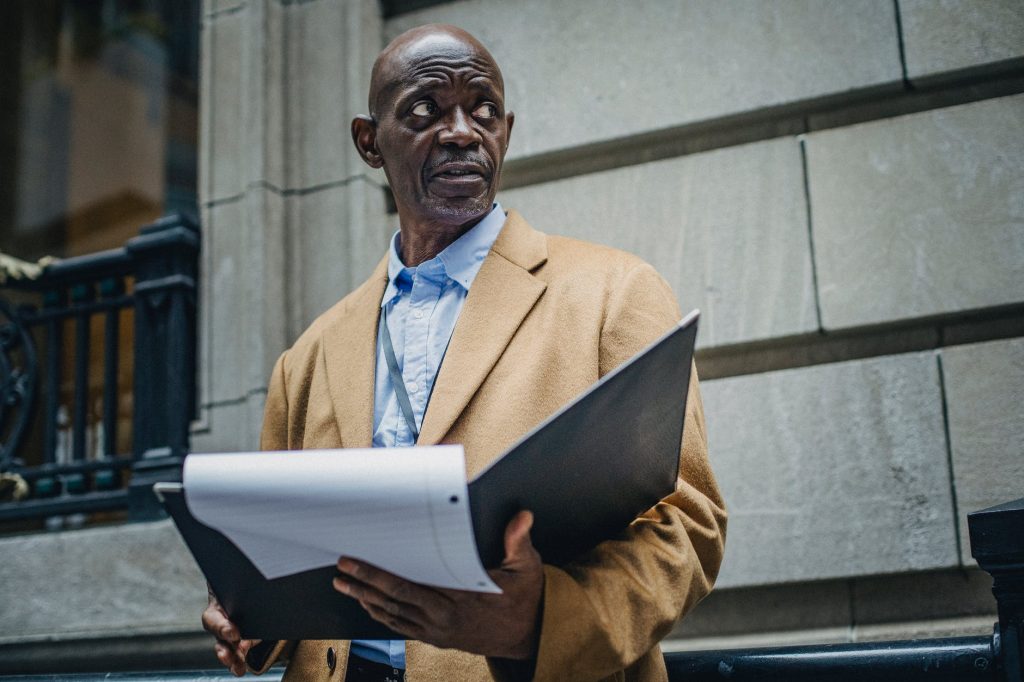This site promotes critical thinking as an important intellectual values. One might assume that everyone would agree that it is an important skill – but that’s evidently not the case. Critical Thinking is a threat to traditions and established authorities because it calls into question many common assumptions and beliefs. That, of course, is exactly what some would like to prevent.

And in pursuit of this goal there are those who actually encourage parents not to teach basic critical thinking skills. Consider the example of Homeschool World:
The “critical thinking” mentality questions, differs, probes, and disagrees, without any fixed authority or frame of reference. It thinks critically about the proposed answer because it doubts that there are any answers. In short, it doubts everything except the reliability of its own doubting. It teaches skepticism as a religious absolute. …Logical analysis presupposes that there is such a thing as absolute unchanging truth, and that this truth has authority over us. We are not allowed to tinker with the truth. Instead of teaching skepticism — the belief that there are no unchanging answers — this approach teaches that we are looking for validly derived answers.
The so-called “educator” who wrote the above doesn’t know much about the topic. Critical thinking doesn’t teach that there are no answers, it doesn’t teach skepticism as an absolute, and logical analysis doesn’t assume that there is an absolute, unchanging truth. Douglas Wilson confuses skepticism with Philosophical Skepticism and, in the process, has created new categories to which he applies labels that already mean other things.
But aside from such gross errors, there is an even more important point to recognize here: Wilson wants parents to teach kids not to question or doubt religious authorities. I’m sure that skepticism applied to theological liberals and non-Christians would be fine, but not in the context of Wilson’s own religious world. And this is what passes for “education” in some circles.
And there are people who think that public schools are a problem…
This article originally appeared on About.com: Agnosticism / Atheism, written by Austin Cline on February 13, 2006.
